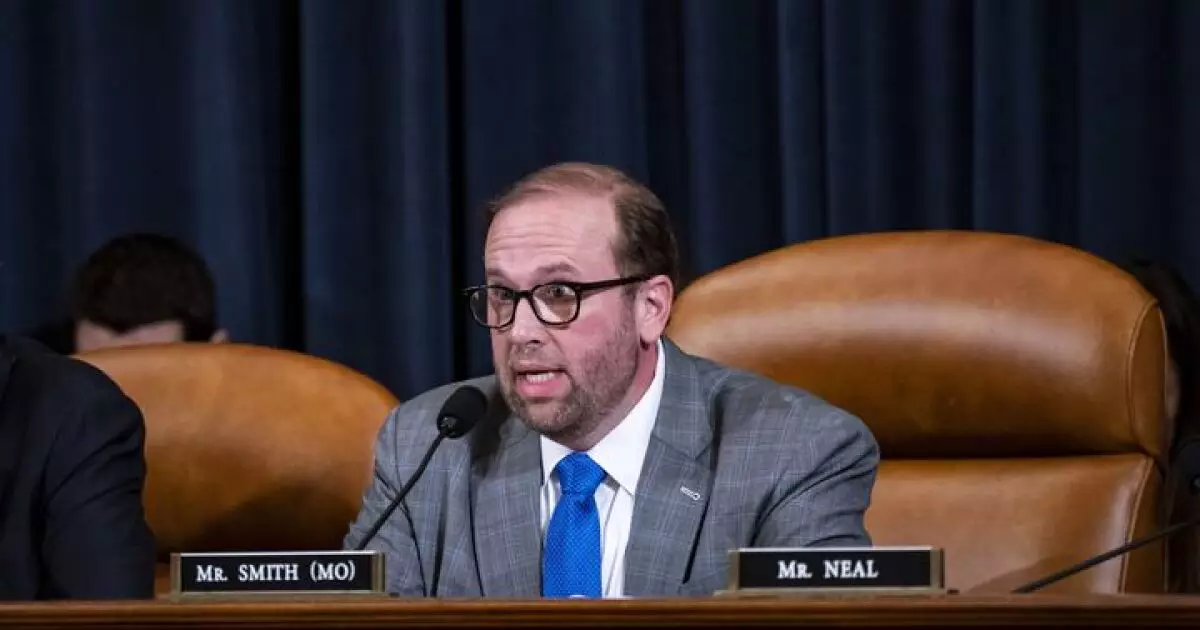The landscape of municipal finance is undergoing a tumultuous period as the House Ways and Means Committee deliberates the potential elimination of tax-exempt options. Reports suggest that a comprehensive 51-page document outlining targeted tax reforms includes drastic changes to tax-exempt bonds, igniting widespread concern among market participants. This scrutiny not only threatens the future of municipal bonds but also raises significant implications for states and local governments relying on this vital funding source.
For decades, tax-exempt municipal bonds have been integral to funding critical infrastructure and community projects across the nation. These bonds allow states and municipalities to borrow funds at reduced costs, thus facilitating numerous public initiatives without adding significant burden to taxpayers. However, the recent proposal threatens to dismantle this framework entirely, suggesting a shift that would render the interest income on municipal bonds taxable. According to projections, this could result in an astounding $250 billion in savings over a decade—savings that come at the expense of local economies and public services.
The implications of such a drastic move cannot be overstated. Municipal bonds are a cornerstone of public finance, enabling significant investments in infrastructure, education, and social services, especially in economically disadvantaged areas. Removing the tax exemption could deter investors, leading to increased borrowing costs for municipalities and potentially jeopardizing capital projects designed to improve community welfare.
The extensive list generated by the House Ways and Means Committee does not merely focus on municipal bonds; it also touches on various aspects of tax policy across sectors. Among these proposals is the suggested elimination of the non-profit status for hospitals, a measure poised to extract significant funds—estimated at around $260 billion over the next ten years—from the healthcare sector, which often utilizes tax-exempt financing for essential services.
Furthermore, the document raises questions regarding the future of the state and local tax deduction, suggesting potential eliminations that could represent an upfront savings of approximately $1 trillion over the same period. Such sweeping changes to long-standing tax policies would not only destabilize public finance but also tax the relationships between states and their representations in Congress. Local governments would lose essential revenue streams that they leverage to fund schools, roads, and other critical services relied upon by constituents.
In light of these proposals, industry leaders and stakeholders are gearing up for decisive action. Organizations like the Bond Dealers of America (BDA) and the Government Finance Officers Association are preparing to engage lawmakers actively by initiating campaigns to advocate for the preservation of tax-exempt financing. The essence of their argument underscores the importance of tax exemptions in effectively serving the needs of local communities without overburdening taxpayers.
Brett Bolton, a key figure at the BDA, emphasizes that the group remains unwavering in its commitment to advocating for municipal bonds while exploring alternatives that satisfy the government’s need for revenue against the essential services funded through these bonds. The impending discussions on Capitol Hill represent a critical intersection of policy decisions that will impact a spectrum of public finance and affect countless individuals served by municipal projects.
As lawmakers ponder these proposals, the municipal bond market stands at a pivotal crossroads. There exists an array of interests, each with compelling arguments for their respective positions. While the necessity for a balanced budget and effective taxation policies is undeniable, the repercussions of disrupting the funding mechanisms essential to community projects could reverberate for generations. Stakeholders must advocate effectively, presenting a united front, to ensure that while fiscal responsibilities are met, the imperative needs of communities are not sidelined in the name of budgetary savings. The conversation surrounding tax reform will require meticulous deliberation to achieve an equilibrium that respects both fiscal prudence and the social contract to serve the public good.


Leave a Reply